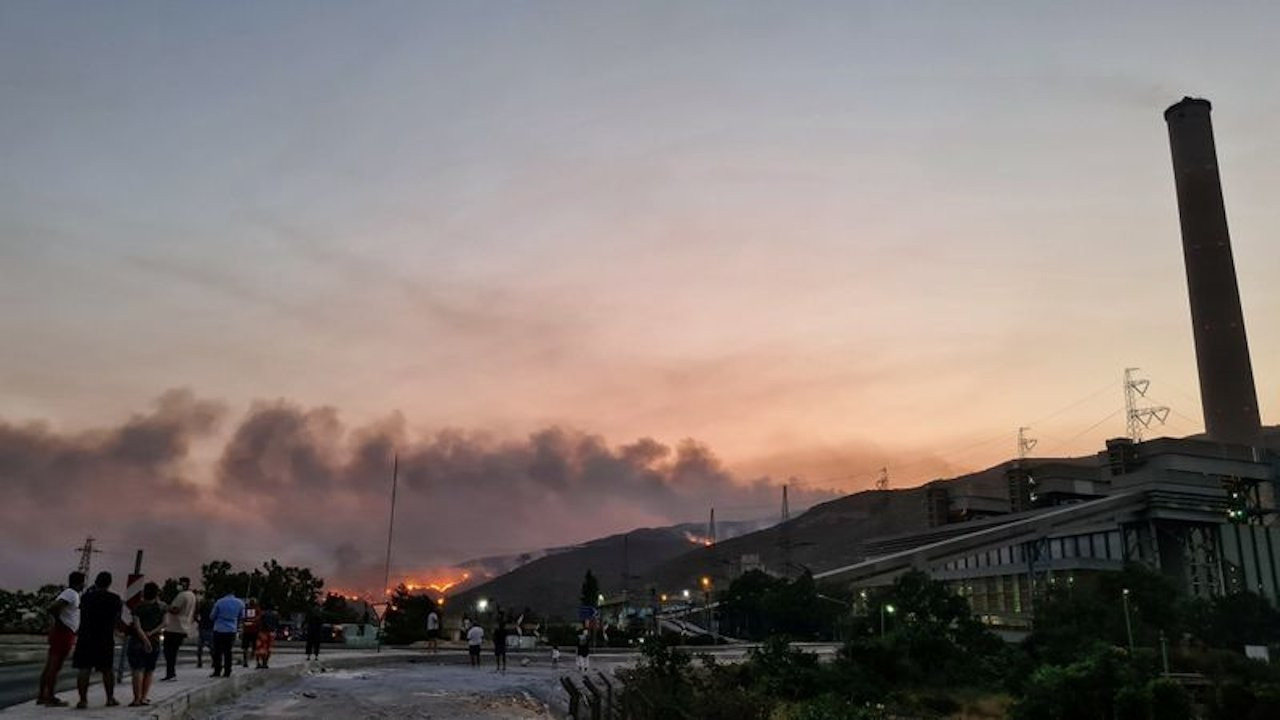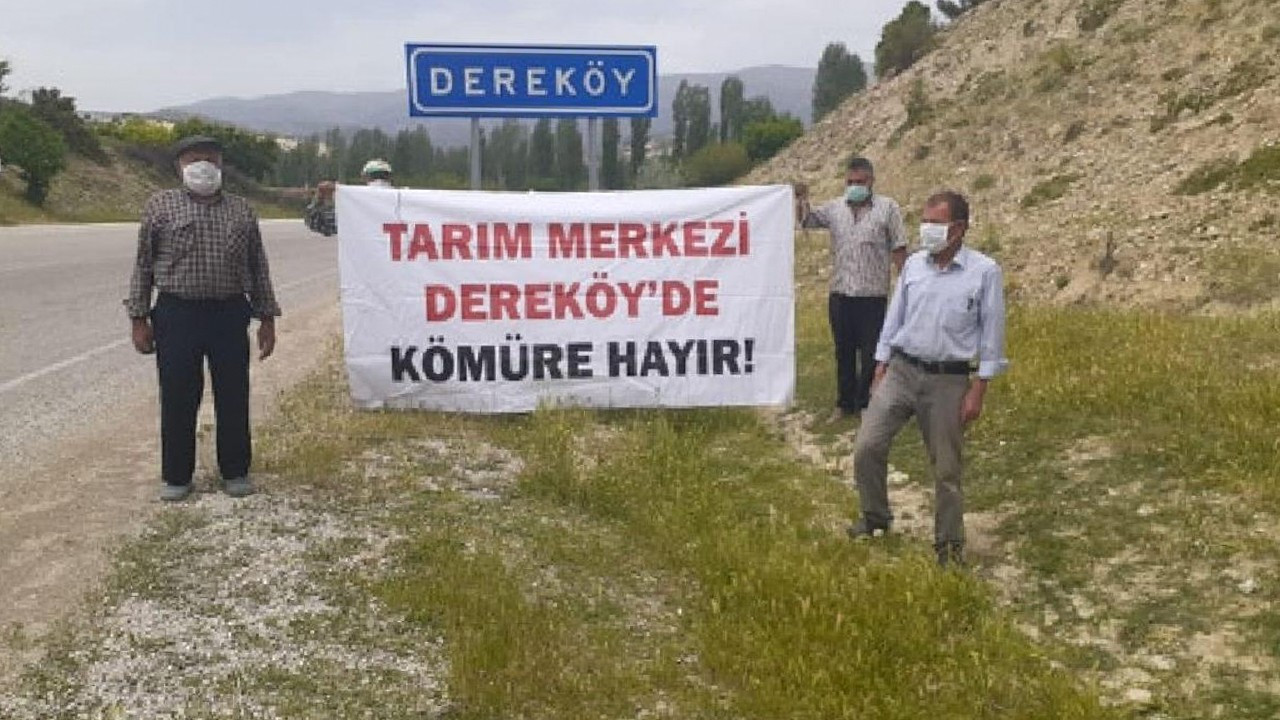Report shows coal pollution behind 200,000 premature deaths in Turkey
The Brussels-based Health and Environment Alliance (HEAL) has said in its most recent report that Turkey’s coal pollution has caused 200,000 premature deaths over the past 55 years.
Hazal Ocak / DUVAR
The Brussels-based Health and Environment Alliance (HEAL) on Jan. 26 released its ‘Chronic coal pollution’ report, which stated that thermal power plants in Turkey did not report their pollution emissions, had incurred health costs of 4.8 trillion TL, 117,661 premature births, 1,247,000 bronchitis cases in children and were responsible for the loss of 62 million working days over the past 55 years.
It also stated that coal thermal power plant pollution had caused 200,000 premature deaths.
What is more, according to the report, thermal power plants in the provinces of Zonguldak, Çanakkale, Muğla and İskenderun made up 40 percent of the total health burden caused by coal pollution.
The province of Muğla, well known for hosting some of the country’s most iconic resorts, is the region that fared the worst in terms of adverse health affects caused by coal pollution. The province’s power thermal plants have thus far incurred health costs of over 1.48 trillion TL.
As emission data per facility in Turkey have not been made publicly available, HEAL’s findings are based on estimates drawn from global methodologies. Thus, the actual health problems caused by coal pollution in Turkey are estimated to be higher than the report’s findings.
HEAL also provided several policy recommendations, including the establishment of a clear timeline for reducing coal-based energy and closing plants, by 2030 at the latest.
It suggested halting the construction of all power plants, such as one located in Çanakkale, ensuring transparency on health and pollution data as well as carrying out health impact assessments for all policies regarding energy production.
Finally, the report recommended promoting professional alternatives for people working in mines and factories whose health is impacted by coal and increasing the capacity of medical institutions to play an active role in the mitigation of climate change.

 Fire near Turkish power plant under controlEnvironment
Fire near Turkish power plant under controlEnvironment 'Coal mining in Antalya will destroy fruit trees, prime farming land'Environment
'Coal mining in Antalya will destroy fruit trees, prime farming land'Environment Air pollution increases visibly in Aegean İzmirEnvironment
Air pollution increases visibly in Aegean İzmirEnvironment